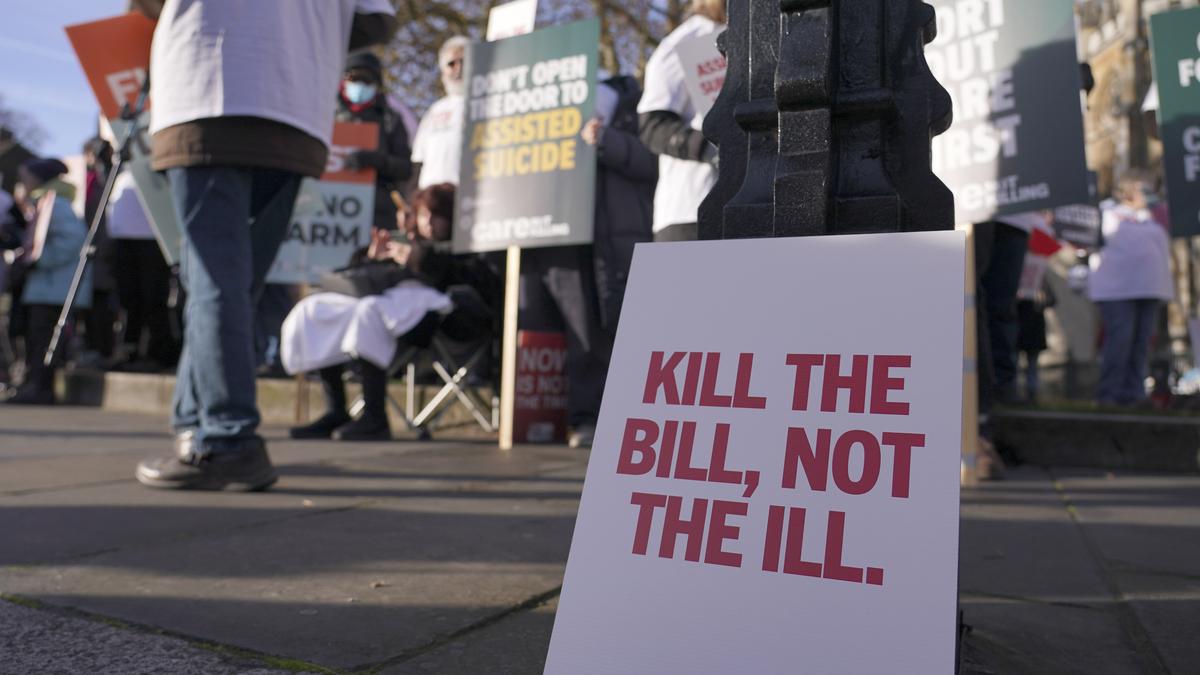Japan is set to raise scheduled sales of Japanese government bonds (JGB) slightly to 172.3 trillion yen ($1.1 trillion) next fiscal year from the current year, the first increase in four years, according to a draft plan seen by Reuters.
Much of the increase in sales of scheduled JGBs to the market will be made in shorter-dated debt to tap demand from Japanese banks, which the government hopes would partially replace the Bank of Japan (BOJ) as major holders.
The sales of super-long bonds, with maturities of 30 and 40 years, will be reduced to reflect shrinking demand from life insurers, as they mostly completed purchases for meeting new capital requirements.
The latest sale plan reflects the government’s efforts to fill a huge hole left by the BOJ’s diminishing presence in the JGB market.
The BOJ this year started tapering its huge bond-buying and reducing its holdings, which make up roughly half of total JGBs sold in the market, heightening the need for the government to find stable buyers to avoid a spike in bond yields.
Issuing too many shorter-term bonds, however, would require Japan to roll over debt more frequently and make its finances vulnerable to bond market swings.
JGB sales to the market have been set initially at 171 trillion yen for this fiscal year.
Under the plan for the next fiscal year, sales of 30-year JGBs and those of 40-year JGBs will be 1.2 trillion yen lower than this year each at 9.6 trillion yen and 3 trillion yen, respectively.
It is the first time in seven years that the sale of 40-year JGBs will be reduced. The size of reduction will be largest since their introduction in November 2007.
Sales of five-year JGBs would be 1.2 trillion yen higher than this year at 28.8 trillion yen, while those of treasury discount bills would be 2.4 trillion yen higher at 40.8 trillion yen, the draft showed.
Sales of two-year debt, as well as benchmark 10-year JGBs and 20-year bonds, would be unchanged, according to the draft.
Climate transition bonds worth 1.2 trillion yen will be sold to the market in the next fiscal year to promote decarbonisation, down 0.2 trillion yen from this year.
In a bid to attract buying from banks, the government is preparing to introduce a new type of floating-rate note with a short-term duration that helps investors mitigate the risk from rising bond yields.
The Japanese banking sector was the biggest holder of JGBs before former BOJ chief Haruhiko Kuroda deployed a huge asset-buying scheme in 2013, which forced yields down and prompted the banks to shift deposits to their current accounts at the central bank.
The banks now hold just 14% of the JGB market, down from 41% before the introduction of Kuroda’s stimulus. Tighter capital regulation has also made banks wary of ramping up bond buying. ($1 = 157.2800 yen).
Published – December 26, 2024 08:59 am IST





